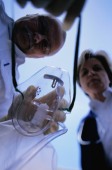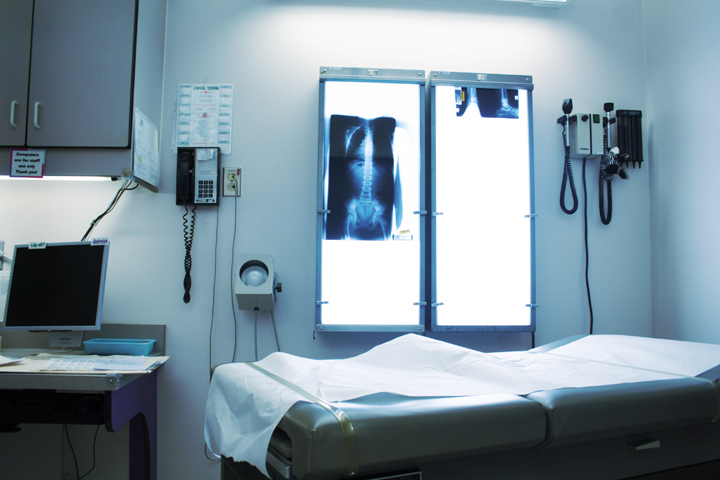
WEDNESDAY, Dec. 29 (HealthDay News) — A disturbing new study finds that bacteria often contaminate the hands of those who give anesthesia to surgical patients, and those germs contribute to disease transmission during operations.
“As anesthesiologists, we like to think that the surgical drapes protect the patient from tens of trillions of microorganisms that are in and on our bodies. Nope! These studies provide evidence that our bacterial flora contribute to surgical site infections,” Dr. Steven L. Shafer, editor-in chief of the journal Anesthesia & Analgesia, said in a news release from the International Anesthesia Research Society, which publishes the journal.
Researchers from Dartmouth-Hitchcock Medical Center in Lebanon, N.H., studied 164 operating room procedures that involved anesthesia. In 11.5 percent of the procedures, researchers discovered that bacteria had been transmitted to the valves of intravenous lines. About half of the time, those germs were detected on the hands of those who provided the anesthesia, such as anesthesiologists and nurse-anesthetists.
The researchers also found that bacteria was transmitted to the operating room in almost 90 percent of procedures.
“Contamination of provider hands before patient care . . . represents an important modifiable risk factor for bacterial cross-contamination,” the researchers wrote.
Shafer, who is a professor of anesthesiology at Columbia University in New York City, said it’s clear that not enough anesthesia providers are disinfecting themselves carefully enough before surgical procedures. “Although we know that hand-washing is an important step, our compliance is poor, and there is little excuse for hospitals not implementing systems that facilitate compliance with hand-washing guidelines,” Shafer said. “However, as these reports suggest, it is time to look at additional measures to protect our patients from the biofilm that we take into the operating room every day.”
More information
For more about anesthesia, visit the U.S. National Library of Medicine.

